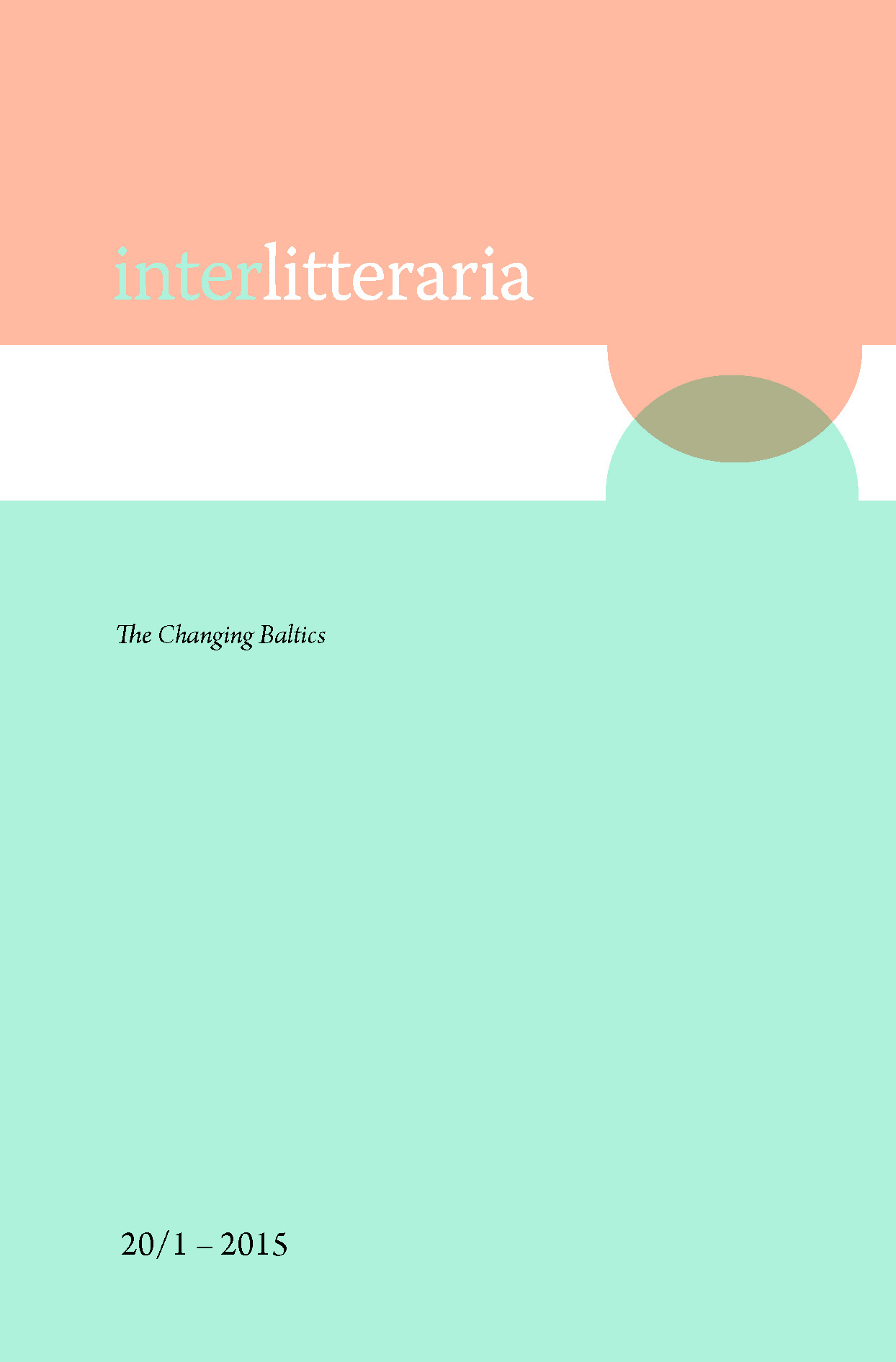Queer Male (Post)Soviet Narratives in Interviews by Rita Ruduša and Fiktion by Klāvs Smilgzieds
DOI:
https://doi.org/10.12697/IL.2015.20.1.17Keywords:
life stories, oral history, fiction, homosexuality, LGBT studiesAbstract
One culture within a culture is the culture of LGBT people in Latvia or, to use a contemporary designation, queer culture. In Latvia, queer culture is still practically invisible. In this paper I will analyse two types of queer narratives: documentary life stories collected by Rita Ruduša in her book Forced Underground (2012) and the manuscript of a collection of 12 short stories by Klāvs Smilgzieds (2014), originally published serially during the 1990s in an under ground Latvian gay magazine. Both types of texts employ different emphasis talking about queers in Soviet and post-Soviet life. Ruduša’s interviews reflect on the situation of being in the closet and on fear and loneliness, while Smilgzieds’ stories celebrate the male body, casual sex, and unfulfilled loves. While Ruduša’s interlocutors (mostly gay men, more or less closeted) construct their narratives to seem acceptable to straight women, Smilgzieds, a closeted bisexual himself (or, as he calls himself in Latvian, divdabis), uses various modes of narrative (parable, miniature, pornographic prose) to express both his experience and imagination. Both Ruduša and Smilgzieds reveal the slow changes in consciousness taking place in Latvia in its transition from a Soviet to a post- Soviet society that result in actions such as the decriminalization of male homosexuality, the existence of LGBT organizations and clubs, the use of queer issues as topics for tabloids and TV shows etc. The habitus of gay people is changing very slowly as a consequence. In this paper the construction of queer Latvian narratives is analysed in comparison to other queer narratives.Downloads
Download data is not yet available.
Downloads
Published
2015-07-07
Issue
Section
Articles
License
The contents of Interlitteraria are published under CC BY-NC-ND licence.


